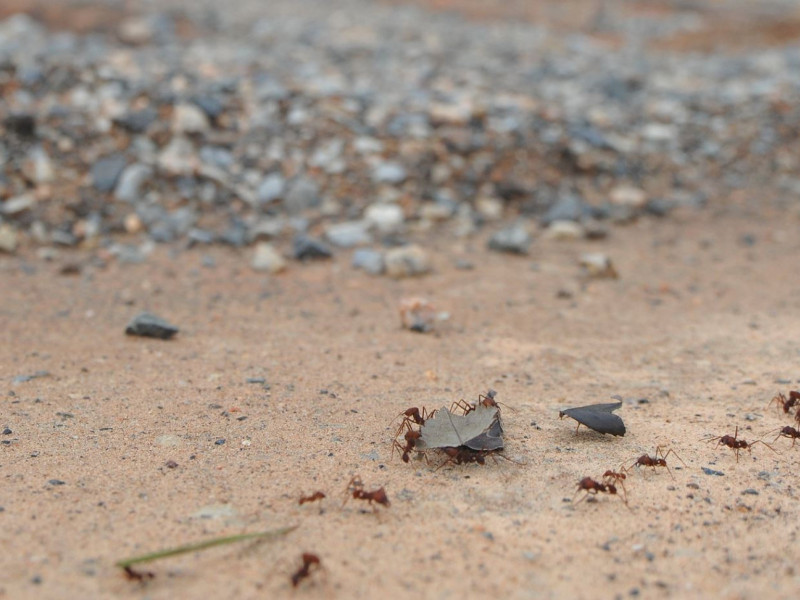There are at least 20 quadrillion ants on Earth, a new study estimates, that this staggering number likely underestimates the total population of these insects, an essential part of the entire planet’s ecosystems. Determining the world’s ant population is important for measuring the consequences of changes in their habitat, including those caused by climate change. They play an important role in dispersing seeds, harboring organisms and acting as predators or prey.
Some studies have tried to estimate the world’s ant population, but have resulted in a much smaller number. In this new attempt, published in the journal Proceedings of the National Academy of Sciences (PNAS), the researchers analyzed 465 studies that measured the number of ants locally on the ground. They used two standardized techniques: placing traps that caught passing ants over a certain period of time or analyzing the number of ants in a portion of leaves bounded in the ground.
Although consultations were conducted on all continents, some key regions had little or no data, including Central Africa and Asia. Therefore, “the actual number of ants worldwide is likely to be considerably higher” than estimated, the study says. “It is critically important to fill in these remaining gaps to get a complete picture of insect diversity.”
According to the estimated number of ants, their total biomass on Earth is believed to be 12 million tons, more than that of birds and wild mammals combined and 20% that of humans. (From the editorial team, with AFP)
–


/data/photo/2022/09/25/632f507a474eb.jpg)